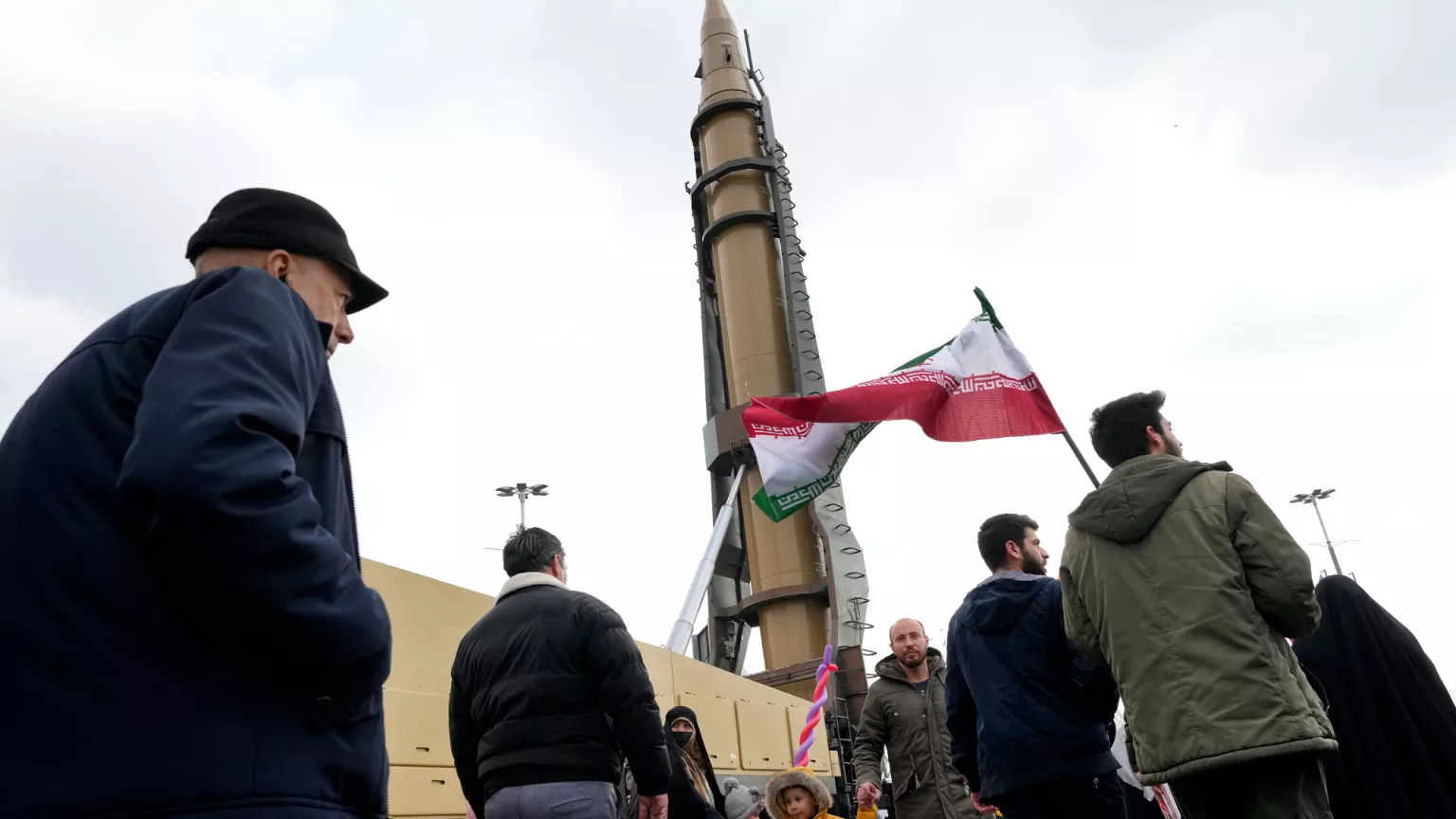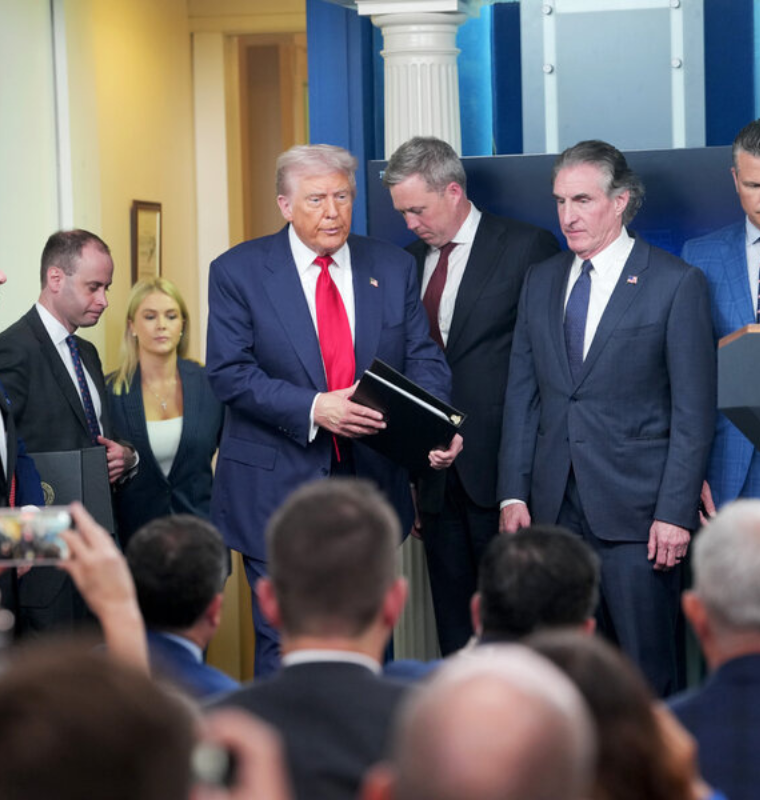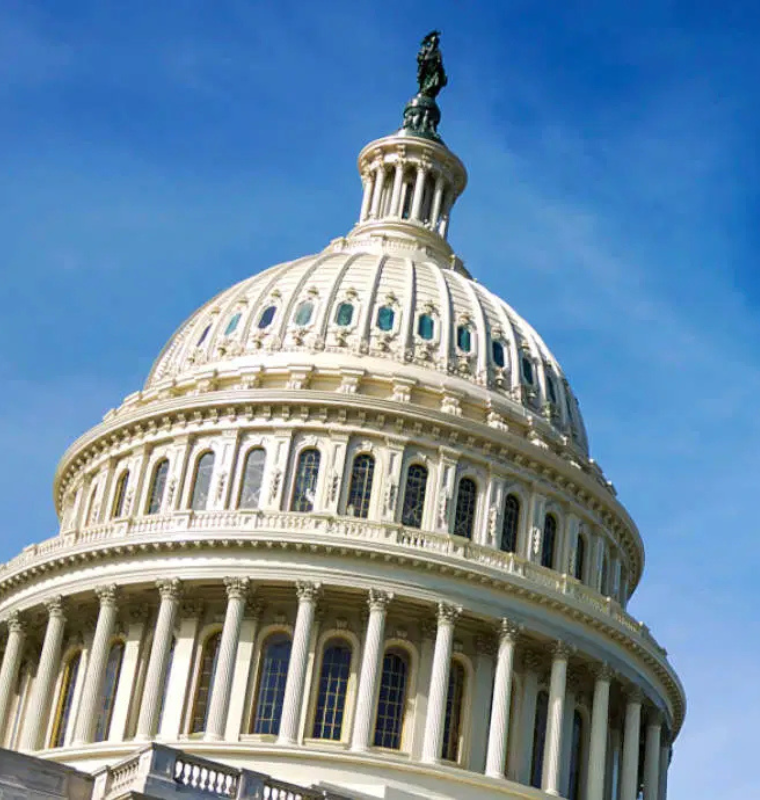World on Edge as Iran-Israel Conflict Threatens Global Stability
By
Junia Wells
Last updated:
June 19, 2025
First Published:
August 6, 2025

Photo: Euronews.com
Middle East on Brink: Escalating Iran-Israel Conflict Alarms Global Powers
Tensions in the Middle East are reaching dangerous new heights as military confrontations between Iran and Israel intensify, drawing in powerful global actors and raising fears of a broader regional and global crisis. Despite urgent diplomatic efforts, the situation shows no signs of de-escalating, with some warning that the world stands on the precipice of a catastrophic escalation.
The White House Under Pressure
At the center of global attention is the White House, where U.S. President Donald Trump faces mounting pressure over whether to authorize direct military strikes against Iran — a move that would mark a significant expansion of U.S. involvement. Until now, American participation has largely been limited to diplomatic support and military backing for Israel.
In remarks to reporters on Wednesday, Trump remained noncommittal. “I may do it, I may not do it. Nobody knows what I’m going to do,” he said, while hinting that decisive action may come soon. “The next week is going to be big.”
Later, in the Oval Office, Trump emphasized the unpredictability of war decisions: “I like to make the final decision one second before it’s due… because things change. Especially with war.”
Global Powers Sound the Alarm
Around the world, leaders have expressed grave concerns about the situation spiraling into an all-out war. Russia's Foreign Ministry warned that U.S. military intervention in Iran could trigger a “terrible spiral of escalation.” Russian spokesperson Maria Zakharova went further, telling Reuters that the world is “millimeters” away from a nuclear catastrophe, as Moscow continues its own struggle in Ukraine involving sensitive nuclear infrastructure.
In the U.K., Prime Minister Keir Starmer convened an emergency Cobra meeting to manage the government’s response, including evacuation efforts for families of British embassy staff in Tel Aviv. Starmer, along with fellow G7 leaders, recently reaffirmed a commitment to peace during the G7 summit in Canada, but diplomatic prospects appear increasingly remote.
Diplomatic Channels Struggling
While some world leaders call for restraint, political rhetoric continues to harden on both sides. German Chancellor Friedrich Merz stirred controversy this week by praising Israel for conducting what he called the “dirty work” of targeting Iran’s nuclear sites.
“I have the greatest respect for the fact that the Israeli army and government had the courage to do this,” Merz said. Meanwhile, foreign ministers from Germany, France, and the U.K. plan to meet with Iranian officials in an urgent bid to open dialogue.
China has also entered the fray, with Premier Xi Jinping describing an immediate ceasefire as “an urgent priority.” In a coordinated response, Xi and Russian President Vladimir Putin condemned Israel’s military actions as violations of international law during a joint call on Thursday.
A Dangerous Game of Retaliation
The conflict has already resulted in direct military exchanges. Overnight missile attacks left dozens injured after Israel struck Iran’s nuclear facilities at Arak and Natanz, while Iran retaliated by targeting a hospital in Israel’s Negev region, reportedly injuring at least 30 people.
In the wake of these strikes, Israeli Defense Minister Israel Katz escalated rhetoric further, stating that Iran’s Supreme Leader Ayatollah Ali Khamenei “can no longer be allowed to exist.”
Trump, posting on his Truth Social platform, demanded Iran’s unconditional surrender and hinted at the possibility of assassinating Khamenei — a move that would undoubtedly ignite even wider conflict. In response, Khamenei warned that any American attack would lead to “irreparable damage” and a full-scale regional war.
Wider Economic and Geopolitical Ramifications
The deepening crisis is not only a military flashpoint but a serious threat to global economic stability. Oil prices surged following the latest missile exchanges, with Brent crude climbing over $100 per barrel for the first time in two years, raising fears of inflationary shocks across fragile global economies. Supply chains across multiple sectors, already stressed by existing geopolitical tensions and post-pandemic disruptions, face further destabilization.
Markets have also responded with heightened volatility. Global stock indices dipped sharply amid investor fears that a broader Middle East war could trigger disruptions to global trade, financial markets, and energy supplies. The dollar, euro, and safe-haven currencies like the Swiss franc and Japanese yen saw significant movement as investors scrambled for safety.
Diplomatic Options Narrowing
Despite the rising chorus of international concern, most analysts agree that the window for peaceful resolution is rapidly closing. The complex web of alliances — with Russia and China backing Iran, and the U.S. and key Western allies supporting Israel — threatens to pull multiple global powers into a wider confrontation.
Experts warn that any full-scale war could not only destabilize the Middle East but lead to lasting consequences for the global economy, energy markets, and international security order.
As events unfold hour by hour, world leaders face mounting pressure to prevent the conflict from spiraling into an irreversible catastrophe.
Popular articles
Subscribe to unlock premium content
Disney’s Timeless Magic and How the Entertainment Giant Continues to Shape Culture and Innovation

Imran Khan’s Economic Missteps Amid Political Chaos in Pakistan

The Philippines’ Digital Shift How Remittances and BPO Are Fueling Growth

Disney’s Timeless Magic and How the Entertainment Giant Continues to Shape Culture and Innovation

Imran Khan’s Economic Missteps Amid Political Chaos in Pakistan

Disney’s Timeless Magic and How the Entertainment Giant Continues to Shape Culture and Innovation









